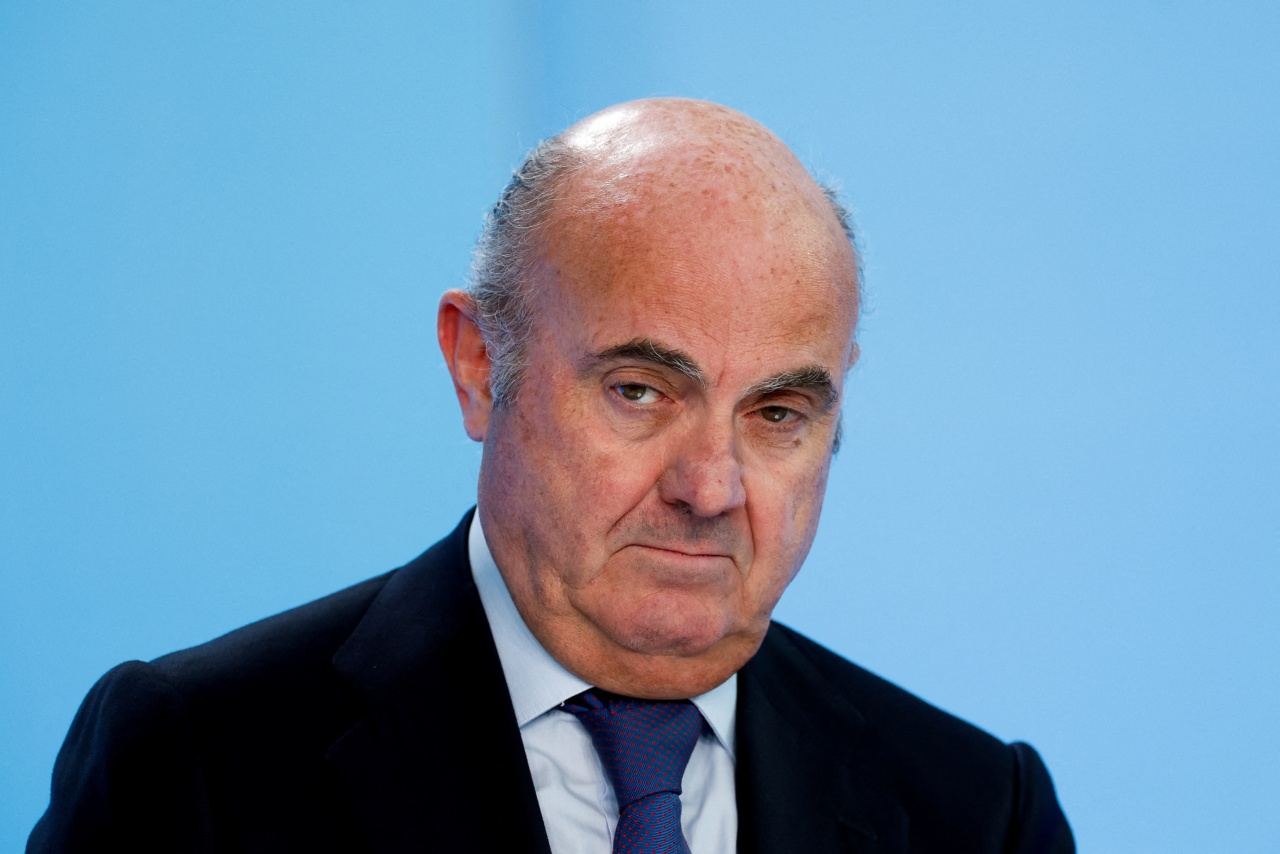The European Central Bank’s (ECB) Vice President, Luis de Guindos, has highlighted ongoing vulnerabilities in the Eurozone’s financial stability despite the recent avoidance of a significant trade war. Speaking at a press conference in Frankfurt, de Guindos expressed concern over the persistent uncertainties surrounding government policies that may impact the financial landscape.
The ECB’s assessment comes as European economies show signs of recovery. However, de Guindos noted that risks associated with inflation and geopolitical tensions continue to loom. He stated that these factors contribute to a complex environment that could destabilize the Eurozone’s financial system.
Concerns Over Inflation and Policy Decisions
According to de Guindos, inflation remains a critical issue, with rates fluctuating unexpectedly across member states. He emphasized the necessity for coordinated policy responses to mitigate these challenges. The ECB has been actively monitoring inflation trends, which have shown a propensity to deviate from forecasts.
De Guindos pointed out that while the immediate threat of a trade war has diminished, the long-term implications of fluctuating government policies still pose a significant risk. “We must remain vigilant,” he said. “Uncertainty in political decisions can lead to unpredictable consequences for the financial markets.”
The ECB is also focusing on the potential impacts of external factors, including supply chain disruptions and shifts in global trade dynamics. De Guindos reiterated the need for resilience within the Eurozone to withstand these pressures, calling for a unified approach among member states.
Future Outlook and Economic Resilience
Looking ahead, the ECB aims to enhance its proactive measures to bolster economic stability. De Guindos affirmed the central bank’s commitment to supporting economic growth while maintaining price stability. The ECB plans to continue its assessment of risks and adjust its monetary policy accordingly.
The Eurozone has shown remarkable adaptability in the face of recent challenges. Nevertheless, de Guindos urged stakeholders to prepare for potential economic fluctuations. “We are in a transition phase, and robust policies are essential to navigate the uncertainties ahead,” he concluded.
As the financial landscape evolves, the ECB’s ongoing vigilance will be crucial in safeguarding the stability of the Eurozone. The insights from de Guindos serve as a reminder of the intricate balance required to maintain confidence in the European economy.
